The food police have struck again, with fruit off the menu in school lunch boxes.
The Herald Sun reports some parents have been advised that certain fruit and vegetables should be kept out of their children’s lunch boxes.
Point Cook P-9 College has urged parents to avoid sending bananas, watermelon, soy, wheat, eggs, dairy, and nuts in lunches due to minor allergies and life-threatening anaphylaxis.
Principal Frank Vetere said they didn’t have explicit bans on any food, but had contacted families whose children had classmates with allergies.
“There seems to be a growing number of students with allergies, and we try to manage it the best we can with proactive measures,” he said.
“We have 20 students with allergies and they are all different.
“With every class that has a child with an allergy, we send out a letter to the families.”
Strawberries, grapes, spinach, chocolate, lollies, chips, jelly, dried noodles, fried foods and muesli bars are other items schools and kinders are ditching due to allergy and obesity fears.
Murdoch Childrens Research Institute Professor Katie Allen said there were rising rates of food allergies and intolerances around the world, and fruit was one of the rarer ones.
She said allergic reactions could only develop from eating the food, and banning items was not the wisest choice, except for young children in childcare centres or kinder.
“In schools it creates a false sense of security, and you can end up with lunch box Nazis,” she said.
“Instead we say not sharing food is the best public health message to send, for a range of reasons.”
The Education Department does not advocate bans at schools but a common sense approach to ensure students are safe.
Spokesman Simon Craig said advice was continually reviewed as research emerged.
“We have a rigorous set of policies and procedures in place to help our schools minimise the risk of anaphylaxis and food allergies and effectively manage any reactions, including individual health management plans for each child who identifies as having a serious allergy,” he said.
Last year, in my then Prep sons class, pineapple was off the menu as one of the children in the class suffered allergies. It did make it that little bit harder as my son loves his pineapple, but we are also a nut free school so you soon adapt to what foods you can and can’t send quite quickly. Banana and watermelon would be a real downer though. Certainly one of the popular lunch box treats in our house.
I think if it is an individual class and not a total school ban then it is a fair decision to make. Especially in the earlier years.
Share your comments below.
We may get commissions for purchases made using links in this post. Learn more.
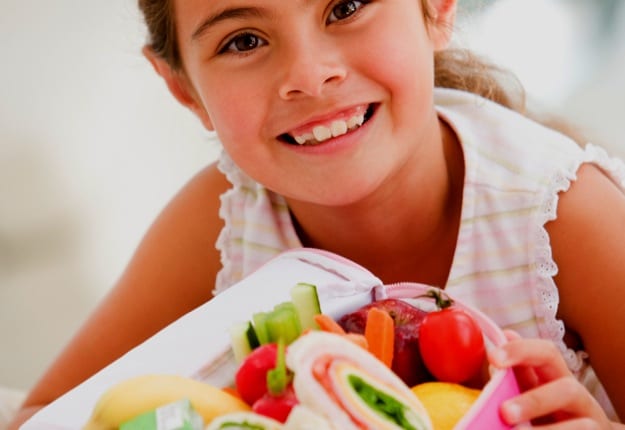

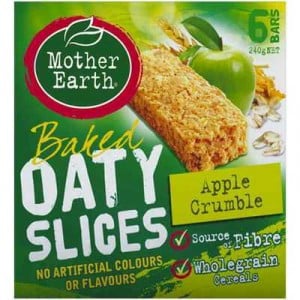
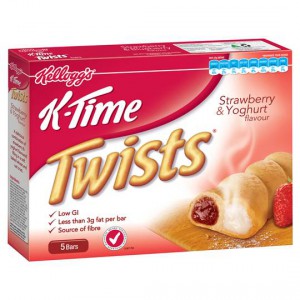
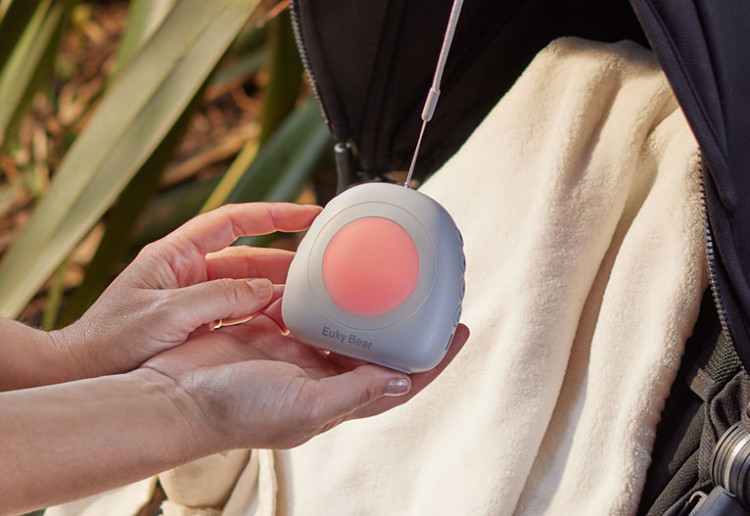



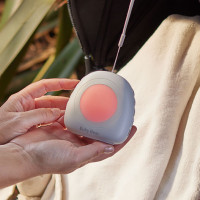











7:52 am
12:02 pm
12:22 pm
9:51 pm
3:28 pm
1:09 pm
9:03 pm
7:07 pm
9:24 am
9:10 am
12:36 pm
8:21 pm
11:13 am
-

-
-
-
june replied
- 22 Feb 2016 , 8:54 pm
Reply5:35 am
2:32 am
- 1
- 2
- 3
- »
Post a comment